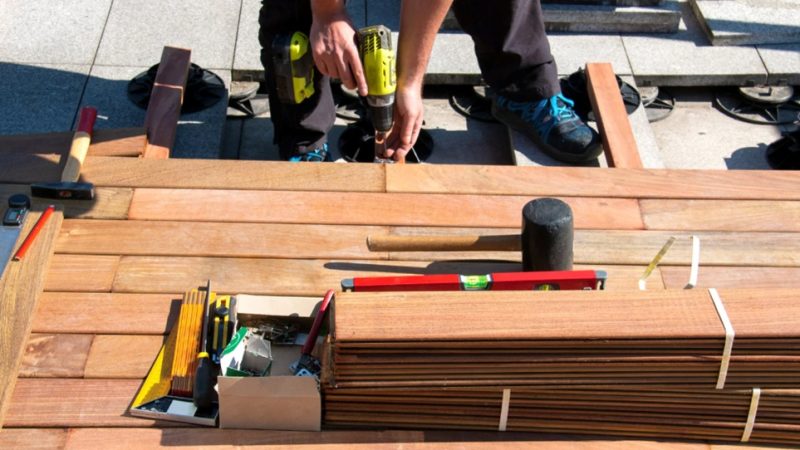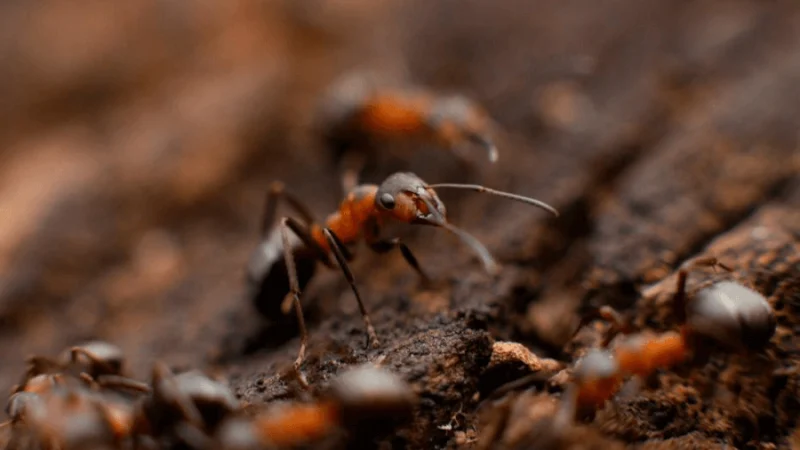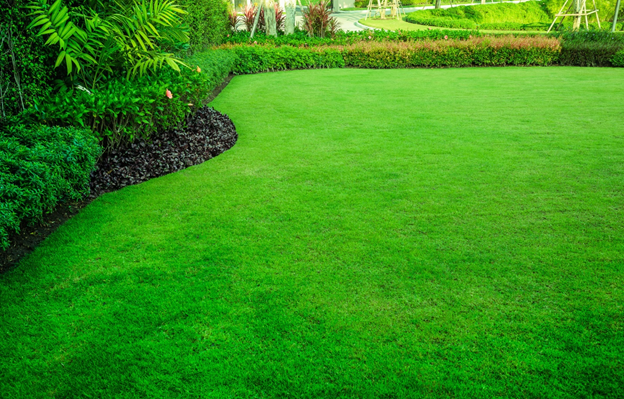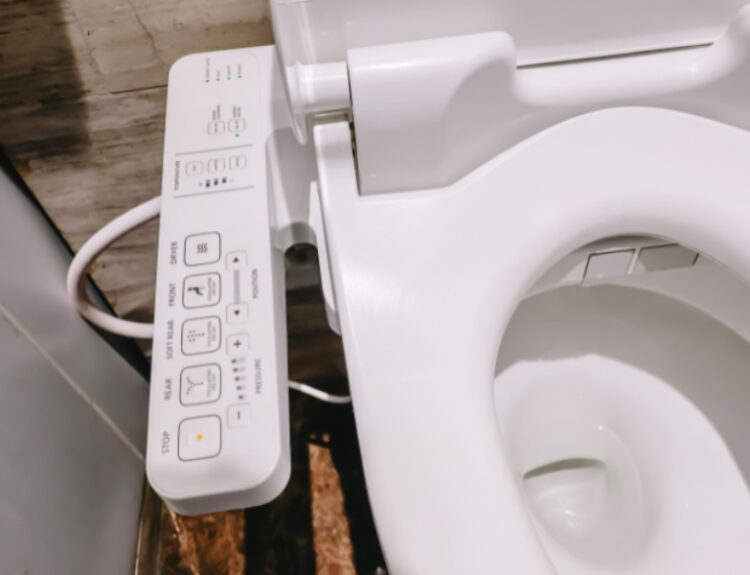Were you aware that there are at least one million insect species worldwide? And while the majority are benign and even beneficial, about 1% are pests.
Some of those pestiferous insects, in turn, can overrun your lawn. And if your turf and plants aren’t in good health, they can attract bugs and become pest feed.
Fortunately, you can prevent that with proper and controlled lawn fertilization.
So, how exactly does fertilizing benefit your lawn and make it healthy?
We’ve rounded up the top answers below, so read on.
- Nourishes Soil and Plants
According to https://lushgreenlandscapes.com/, lawn fertilizing dublin oh provides lawns with the nutrients they need. After all, fertilizers contain and transfer nitrogen, phosphorus, and potassium to the soil. Turf grass and plants, in turn, require those substances to grow.
For example, nitrogen is crucial to plant leaf growth and chlorophyll production. By contrast, phosphorus combats disease and helps form roots, seeds, flowers, and fruits. On the other hand, potassium strengthens plant stems and, like phosphorus, fights disease.
- Helps Plants Repair Stress Damage
Your lawn can suffer from stress caused by heat, traffic, drought, weed, and thatch. All contribute to damage, which, if left untreated, can result in plant death. However, they can die sooner if they don’t get enough nutrients from the soil.
A top-notch quality lawn fertilizer can impart the additional nutrients injured plants need.
- Transfers Nutrients to Produce-Bearing Plants
Fertilizers contribute to the production of enough food to feed the global population. Moreover, several types of fertilizers, including micronutrient fertilizers, enrich crops. They let plants absorb them and then pack them into the edible leaves, fruits, or vegetables.
So if you grow plants on your lawn for food, invest in a micronutrient organic lawn fertilizer.
- Helps Boost Abiotic Disease Resistance
Abiotic diseases are plant disorders caused by factors like stress and nutrient deficiencies. Thus, if your lawn soil lacks nutrients, the flora you have in it can become ill and ultimately die.
Fertilization can help, as it nourishes and helps plants repair stress damage.
- Contributes to Soil Erosion Prevention
Soil erosion is when the topmost layer of soil, known as topsoil, wears away. Unfortunately, that’s the fertile layer harboring most of the nutrients plants need. It’s a significant problem, so much so that it causes the world an estimated $400 billion in economic costs.
Fortunately, healthy plants can help prevent soil erosion by slowing down water. That, in turn, gives the soil more time to absorb the water.
In addition, plants provide cover against wind and water runoff. Their roots also help keep soil intact, preventing it from getting blown or washed away.
The keyword here is “healthy,” though, and for plants to be in shape, they need enough nutrients. Thus, fertilization plays a role in making your lawn more resistant to erosion.
Reap the Benefits of Lawn Fertilization
Here’s one more vital piece of information: overuse of fertilizers can do more harm. Therefore, as beneficial as lawn fertilization is, it can be detrimental if done wrong.
So, why not consider hiring lawn care professionals instead? They can help ensure your lawn only receives enough fertilizer. You can then learn from them and, from there, be able to do it yourself in time.
Did you like this article and would like to read similar guides? Then feel free to browse more of our latest blog posts now!









